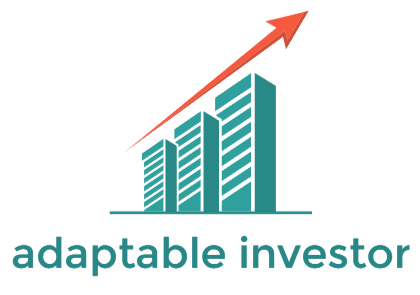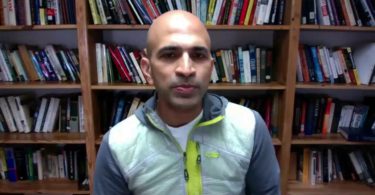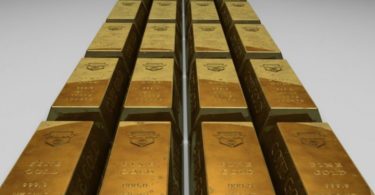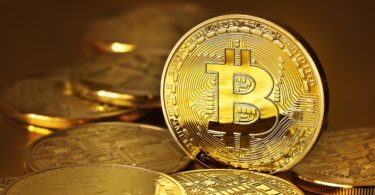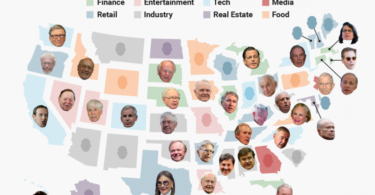This story was originally published here.
Edward Altman is better at predicting corporate bankruptcies than anyone else in the world.
And his latest prediction is chilling…
The New York University professor created the famous “Altman Z-score” in 1968. The 52-year-old formula assigns a number to a company based on several financial variables.
The Altman Z-score has proven to be 80% to 90% effective at predicting which companies will go bankrupt within the next two years. It's so reliable as a credit-strength test, hedge funds and investment managers often use it when analyzing a company.
When it comes to the recent market turmoil, Altman isn't mincing words…
In an interview with Yahoo Finance in March, Altman warned that – in terms of the amount of debt that will go bad – we're headed for the worst period for corporate defaults that we've ever seen. He expects $150 billion in high-yield (or “junk”) bonds to default.
It might even be higher than that.
Due to the coronavirus pandemic, the world's economies have ground to a halt… At the same time, oil prices have collapsed to less than $25 per barrel. With corporate debt at an all-time high and credit quality at an all-time low, it's simply a recipe for disaster.
But you don't have to be a victim. We're seeing a wave of opportunities right now in a corner of the markets you might never have considered.
And it could make all the difference to your wealth in the years ahead…
We don't know when the coronavirus lockdown will lift or when business will get back to normal again. But things are likely to get much worse in the months ahead.
A global recession – two consecutive quarters of declining gross domestic product – is all but a certainty now. The only question is whether it will develop into a depression (a decline that lasts for years).
Either way, we can expect a lot of companies to default on their loans in the months to come…
At the start of 2020, credit-ratings agency Standard & Poor's (“S&P”) forecast a 3.3% high-yield default rate. That's the percentage of companies with “junk” credit expected to default within 12 months.
Less than four months later, it's now forecasting a 10% default rate.
S&P has never increased its forecast so drastically. And its current “pessimistic” forecast projects the default rate to reach about 13% by the end of the year. That would be a new 40-year high.
The high-yield credit spread started the year at 360 basis points (“bps”). By late March, it soared to more than 1,000 bps, the highest it has been since 2009. It has since fallen down to around 900 bps today.
Don't expect that dip to last long. We expect it to go higher… During the last credit crisis back in 2008, the credit spread peaked at 2,200 bps. As the default rate climbs over the next few quarters, S&P believes the credit spread will approach 1,600 soon.
What does this mean for the bond markets? It means that corporate-bond prices have collapsed.
However, you must understand this… Not every company with a bond that sold off will default.
Editor's Note: To keep reading and see how you could take advantage of this, click here.
Crash Warning as Virus Shocks U.S. Markets
Scared by the market's recent fall of nearly 3,000 points?
Then you’d better take a minute to see this.
As you might imagine… investors are panicking out of stocks. But a rare opportunity is developing in the stock market, right this very moment.
And it’s all thanks to a powerful secret uncovered in the 1970s.
A secret that pointed one man to the incredible investment vehicles that quickly transformed him into one of America’s richest men.
In fact, the “super stocks” he uncovered are directly responsible for a huge part of his net worth.
These investments are called “super” because they do what financial theory says is impossible:
They deliver super-high returns with a very low level of risk, no matter the market conditions… even when other investments are crashing.
Today, you have the chance to invest in your first one.
Because an analyst from one of the world's leading financial research firms, has just discovered the next “super stock” with massive profit potential.
But fair warning: what he has to say is controversial.
